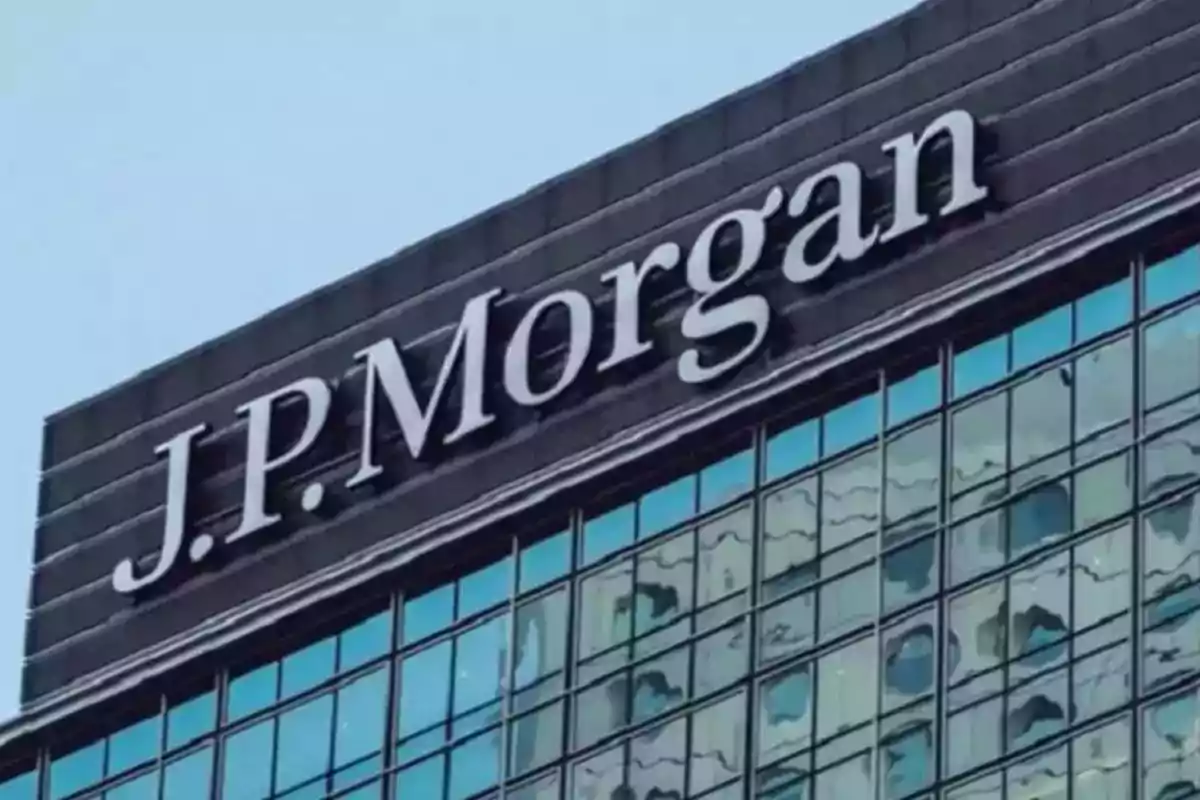
JP Morgan anticipates bad news if Kirchnerism wins in PBA
On the contrary, a victory for La Libertad Avanza would boost economic growth
Just hours before the legislative elections in the province of Buenos Aires, the district with the greatest electoral weight in the country, the prestigious bank JP Morgan projected two possible scenarios regarding what could happen starting Monday with the dollar, interest rates, international reserves, and economic activity, depending on the results of this Sunday's elections.
The American financial institution presented as its main scenario a narrow victory for Kirchnerism over the candidates of La Libertad Avanza, which would be more beneficial for the variables that the government of Javier Milei is trying to keep under control. The second scenario considers a resounding victory for the Peronist front, an alternative that would mean greater problems for the Argentine economy.
The bank emphasized that both political and economic attention was focused on the province of Buenos Aires, given the impact this election has on expectations and risks related to the dollar and interest rates.

JP Morgan's report
In its report, it identified as critical factors the evolution of inflation, the purchasing power of wages, pensions, and social mood. It also highlighted the relevance of voter turnout, indicating that polls show differences of less than five points between the main groups. Although some surveys predict a very close result, in certain districts there are clear advantages, either for the ruling party or for the libertarian opposition.
According to JP Morgan, political uncertainty and volatility are the main determinants of the latest movements in local financial markets. According to the institution: “Political risk, and not exhaustion of the current macroeconomic program, has been the main source of local volatility. Overcoming the elections should help restore stability.”
A narrow victory for Kirchnerism
In its main scenario, the institution projected a very close result in favor of the Kirchnerist ruling party over La Libertad Avanza, or even a possible victory for the latter. On this point, the report stated: “This result would be compatible with a favorable path toward a national victory for La Libertad Avanza and its allies in October.”

The immediate effect would be a reduction in the political risk premium and less pressure on the dollar, which would open the possibility of relief in real interest rates before the national elections. If this scenario materializes, the fiscal cost of maintaining high rates would be lower and economic activity could show a recovery in the last quarter of the year.
Regarding international reserves, JP Morgan stated that it would not be necessary to carry out significant currency interventions, since the official exchange rate would hardly exceed the upper limit of the pre-established band (1,479.77 and 1,495.54 pesos per dollar for September and October, respectively).
A "resounding victory" for Kirchnerism
The alternative scenario, to which JP Morgan assigns a very low probability, would be a “resounding victory” for Kirchnerism in the province of Buenos Aires. Under this hypothesis, the increase in political risk premiums would push the dollar toward the upper limit of the exchange rate band and force the Central Bank to sell reserves to absorb the excess pesos.
At the same time, high uncertainty would keep real interest rates at elevated levels, generating a more negative impact on economic activity and fiscal accounts.
The bank also assessed that the real exchange rate should be at a more depreciated level to favor the trade surplus and discourage household demand for dollars, thus ensuring compliance with the debt commitments scheduled for early 2026 (USD 4.3 billion). “Unless there is very low turnout (equal to or less than 50%), we assign a low probability to this scenario,” the report stated.
More posts: